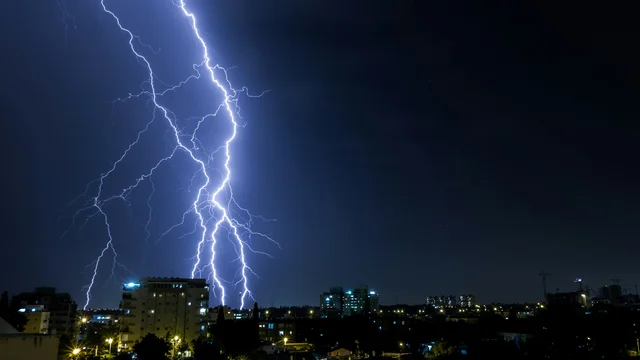
We've been following the district court cases holding that a complaint itself cannot establish knowledge of patent infringement sufficient to support a claim of indirect infringement or willfulness.
On Friday, Judge Hall jumped in, noting that judges in this district have taken views on this issue:
As many have acknowledged, courts—including courts within this district—disagree as to whether a pleading alleging post-suit inducement must allege that the defendant had the requisite knowledge prior to the filing of that particular pleading (or the lawsuit itself). I am also aware that there are courts—including in this district—that appear to hold that in the absence of pre-suit knowledge, a post-suit indirect infringement claim can only go forward where the plaintiff amends its complaint to allege that defendant had knowledge based on the filing of the original complaint.
She ultimately decided to adopt a rule that the complaint can provide notice sufficient to support willfulness and indirect infringement for post-suit damages:
I have read and considered the lines of cases, and I don’t have anything to add to the discourse that has not already been said. Ultimately, I am persuaded by the reasoning of Judge Bryson, sitting by designation in this district, in IOENGINE. 12 In that case, Judge Bryson concluded that there is no requirement that a plaintiff plead pre-suit knowledge for claims of post-suit indirect infringement to survive a motion to dismiss.
She noted that she offered her "independent recommendation" apart from what Judge Andrews may previously have held (although she also distinguished those cases).
Of course, one more ruling on this may not change the calculus for plaintiffs, who have to file in the first instance without knowing which judge they will receive. This is definitely an area where the district courts could use some more direction from the Federal Circuit.
If you enjoyed this post, consider subscribing to receive free e-mail updates about new posts.




